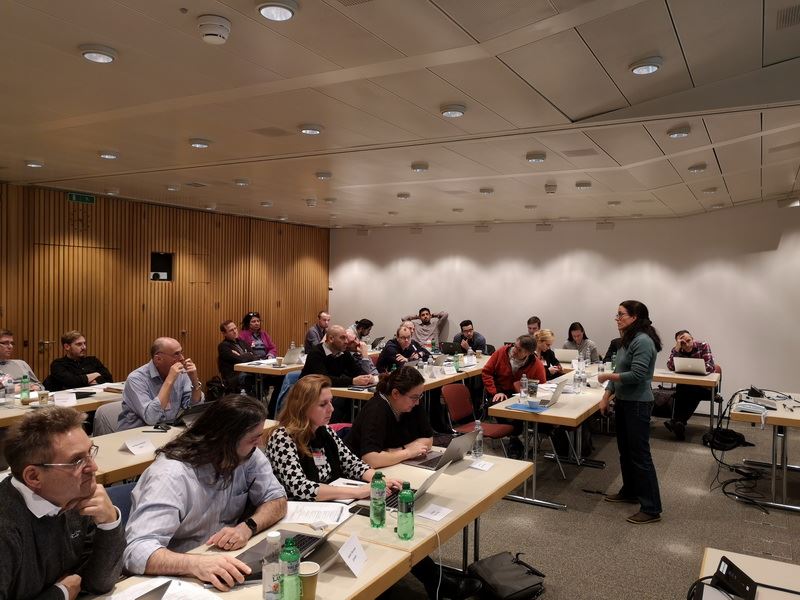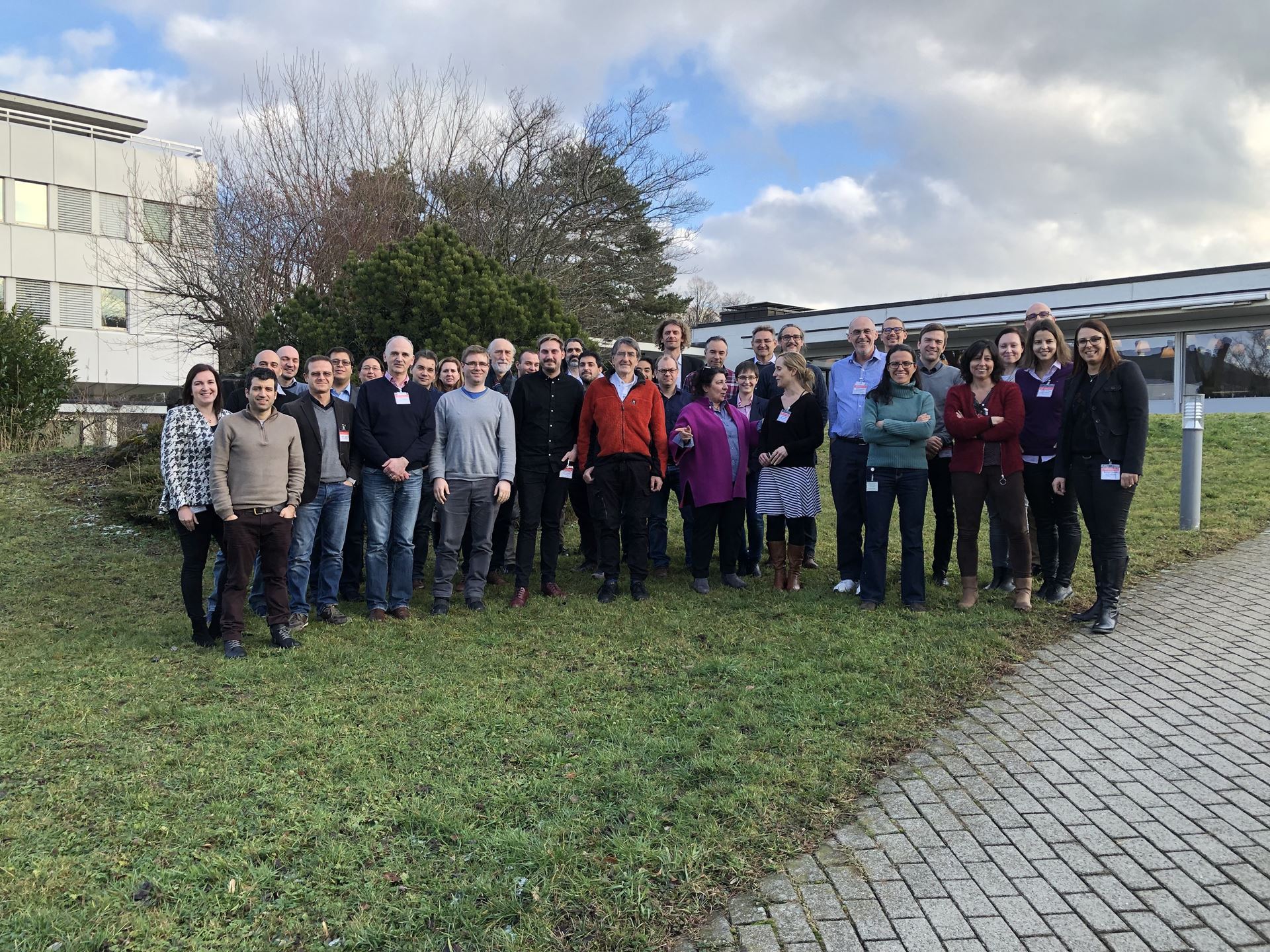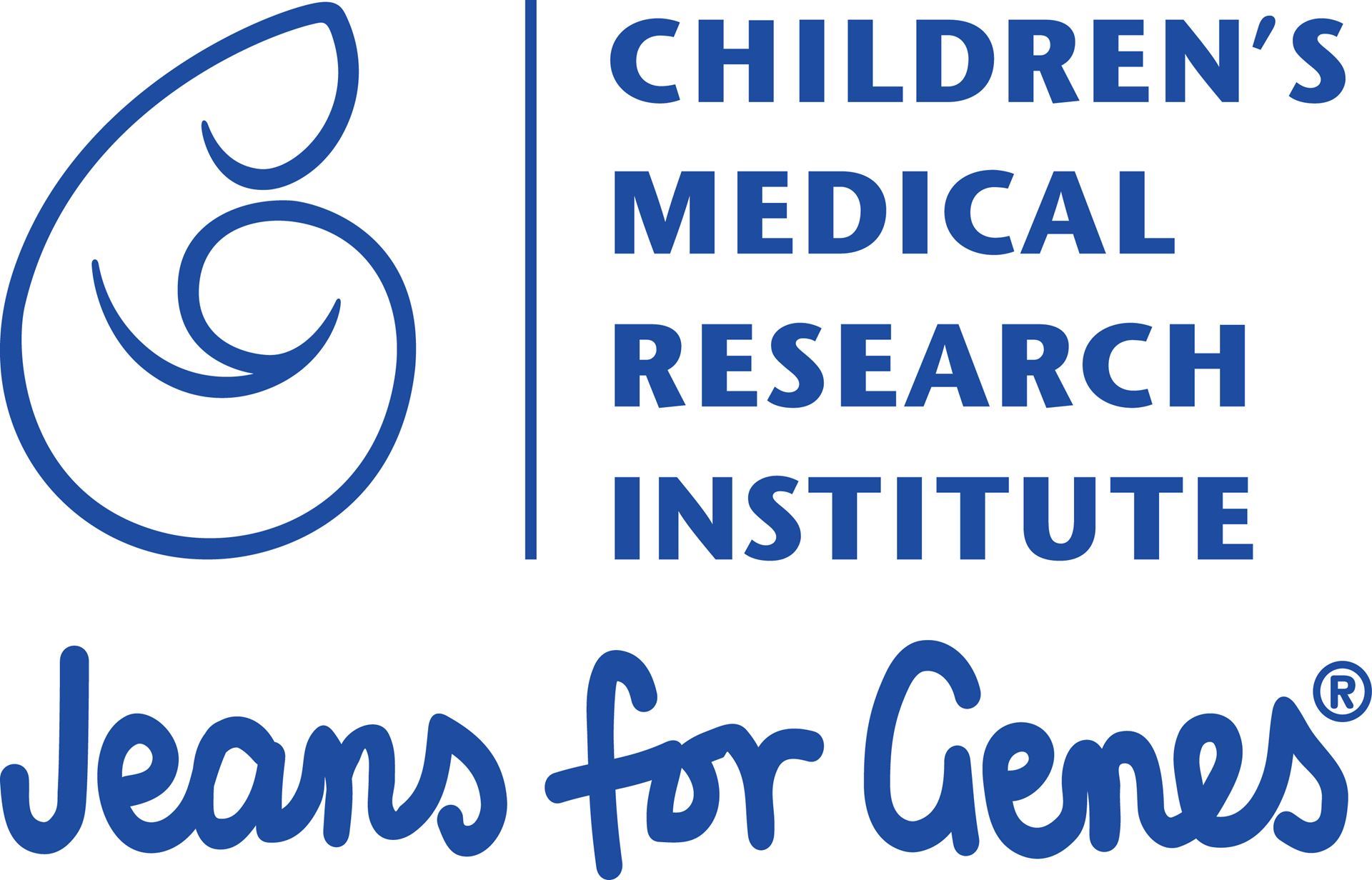 Children’s Medical Research Institute (CMRI) scientists from Westmead have just returned from the launch of an international collaboration with nine European countries and the US to create personalised treatment plans for children with cancer.
Children’s Medical Research Institute (CMRI) scientists from Westmead have just returned from the launch of an international collaboration with nine European countries and the US to create personalised treatment plans for children with cancer.
The project known as individualisedPaediatricCure (iPC) will be led by IBM in Switzerland and private research company Technikon in Austria. It was kicked off at a meeting with the members held in Zurich in January.
ProCan’s Co-Director Professor Phil Robinson attended the meeting to discuss CMRI’s role in the partnership.
In this € 15 million, four-year project funded by a European Commission grant, 21 partners will work together with the goal of giving clinicians the tools and knowledge to create individualised treatment plans to children with cancer.
CMRI Director Professor Roger Reddel, who is also Co-Director of ProCan explained the importance of the collaboration. “Although great advances have been made in the treatment of childhood cancers, too many children still die from these diseases,’’ Professor Reddel said.
“Of those that are cured, a substantial proportion suffer long-term serious health consequences from the intensive treatments that are currently required. A major reason for cancer being so difficult to treat effectively is that cancer cells undergo many random changes, which means that each cancer has an essentially unique combination of molecular characteristics.
“To address this problem, it is important to develop ways of specifically tailoring treatment combinations for the molecular profile of each individual cancer, to maximize cures and to minimize short- and long-term treatment side-effects."
 The project team will focus on identifying effective personalised medicine for paediatric cancers and will address a multitude of challenges. The goal of the iPC project is to collect and standardise existing clinical knowledge and medical data and, with the help of artificial intelligence, create treatment models for each patient.
The project team will focus on identifying effective personalised medicine for paediatric cancers and will address a multitude of challenges. The goal of the iPC project is to collect and standardise existing clinical knowledge and medical data and, with the help of artificial intelligence, create treatment models for each patient.
A comprehensive computational effort to combine knowledge-base, machine-learning, and mechanistic models to predict optimal standard and experimental therapies for each child will be proposed.
Armed with these treatment models, scientists will then test them on virtual patients to evaluate treatment efficacy and toxicity, thus improving both patient survival and their quality of life.
ProCan was established in 2016 thanks to a grant from the Australian Cancer Research Foundation. It aims to analyse thousands of cancer samples from around the world to develop a database of information to advance scientific discovery and enhance clinical treatment.
